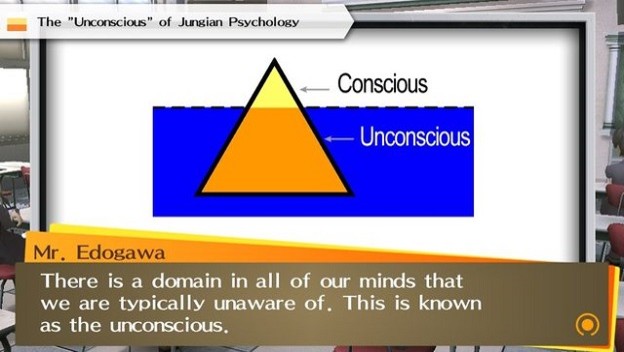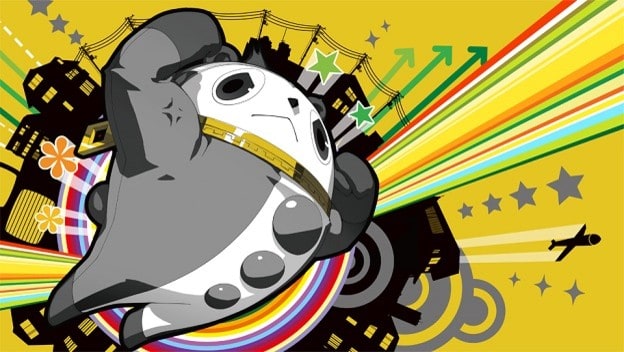Have you ever been Mary Poppinsed by a game? Yes, I did just use Mary Poppins as a verb. This happens when you rent or buy a game that you have moderate interest in based off of recommendations, and you go into it with little or no expectations. There you are with a modestly sized handbag full of potential, but when you plunge your hand in you find that it’s bottomless and you’re soon shoulder deep in an experience that you never saw coming. Boom, you just got Mary Poppinsed.
By far the most brilliant surprise I’ve ever had as a gamer came from Persona 4 Golden for the PS Vita . I knew that people loved this game, and I knew that Atlus had a solid track record and extremely loyal fans. I knew that I could expect to collect and battle this game’s version of Pokemon and try to score a new waifu in the process (I love you, Chie-chan). When I played the game, everything changed.
For the first time in years, I was blown away by a game’s storytelling. A lot of games make half-assed attempts to tie in some kind of deeper, archetypal substance to stories that are otherwise completely hollow. It’s easy to throw in some occult symbols or a reference to the zodiac and try to pass off a campaign as some kind of creative take on the mythological hero’s journey. P4G, while mysterious and difficult to understand at times, rings with clarity and significance as it weaves a compelling murder mystery based on the theories of the brilliant psychologist Carl Jung, and there’s no fluff here.
I myself am a student of the occult sciences and Jungian psychology, and I was utterly astounded by the care and thoughtfulness with which the developers and writers at Atlus integrated these concepts into a game while neither diluting the ideas, nor bogging down gameplay. For the uninitiated, Atlus generously took the time to include some educational extras in the Golden version of P4; on your Vita you have access to “Mr. Edogawa’s TV Classroom.” Here you can sit in on 10 interactive lectures on the basics of Jungian psychology, archetypes, the collective unconscious, and dream interpretation given by the eccentric and knowledgeable Mr. Edogawa himself. These are a pleasure to work through, and offer some profound insights into the meaning behind the story of P4. A basic understanding of the major arcana of the tarot will also unlock new depths of meaning as you play through and level up your relationships with various characters.
You can tell that Atlus cared deeply for this project because aside from the killer story (pun intended) and its breadth of meaning, all of the little things that often drag great games down to mediocrity were addressed with heart. The voice acting is absolutely phenomenal and the dialogue is believable, engrossing, and often hilarious. You begin to care for the characters very early on, and Persona 4 has some of the most loved and most hated characters in all of gaming. To this day I’ve yet to play a game with better writing or voice acting, and I likely won’t until Persona 5 comes out.

The music throughout the journey is unforgettable, and I really do mean that. Every song is so damn catchy. Actually the moment I realized this was going to be a great game was when I was first released to navigate the main map between areas and the song “Heartbeat, Heartbreak” came through the headphones and filled my head. It was nearly 2 in the morning and I was grinning ear-to-ear thinking, “What else can this game do right?”
That’s a question that would take the length of multiple features to answer. The fact is that if you own a Vita there is absolutely no excuse for your not having played this already. This is the definitive Persona experience, and you won’t regret the 100+ hours that you’ll inevitably spend mining its treasure troves of content.
